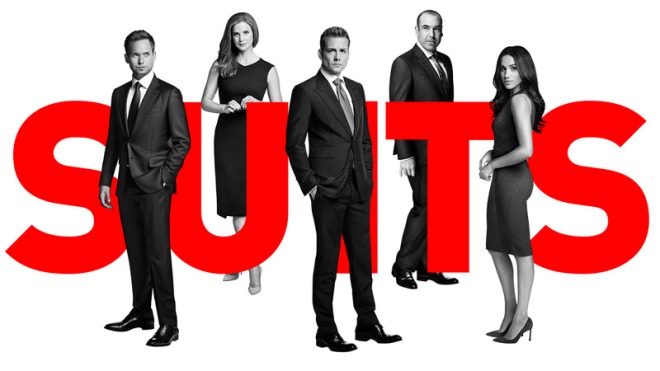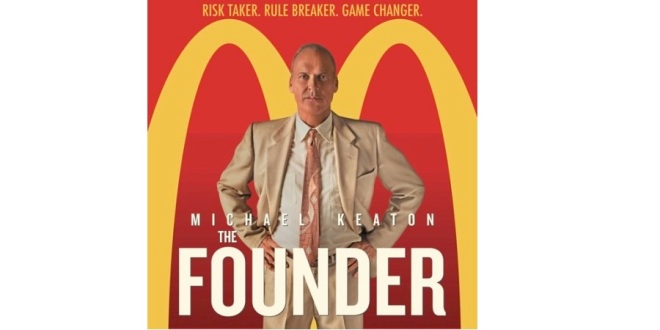
I was still in high school in 2011 when I started watching Suits. The pilot series was just launched and I randomly found the show online. I decided to try it out & I was lured in so badly. Mike Ross, one of the protagonists in the show had a photographic memory, memorized the US laws & regulations and passed the bar exam for someone else. I was mesmerized by the smart lines & conversations between the characters. Harvey Specter the character that has filled all social media with his quotes empowered me to believe I can conquer anything. What a series! “People like this, I LIKE THIS” and that was Harvey’s unorthodox hand gesture implying that most people have a very low bar, and he raises / sets the bar.
The story rotates around Harvey Specter a lawyer in New York who graduated from Harvard and him hiring Mike Ross, his side kick in all of his suited up adventures. Everyone accepted to the law firm he works in has to be a Harvard graduate. The problem is that most people don’t impress Harvey, a successful character that works alone. But Jessica (the managing director & his boss) forces him to pick someone. The only person that impresses him with a smart line is a photographic memory protégé who has no law degree. The series has several characters that appease the taste of whomever watches the series. It has a law / corporate environment for those who aspire to be in corporate jobs later on.
I find shows the like of Suits quite impressive, appeasing and ridiculously entertaining. I would recommend watching it if you ever feel demotivated or if you feel your work is taking you no-where. It can actually make you feel that the excel sheet you are currently working on can change the world. Each season from the show is cut to two parts (summer and winter). Every time the series launches again a surge of excitement runs through my blood. Enjoy the series and if you started watching it after this review give us your feedback!


















